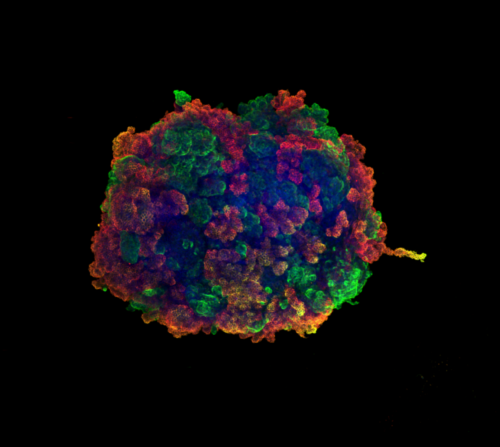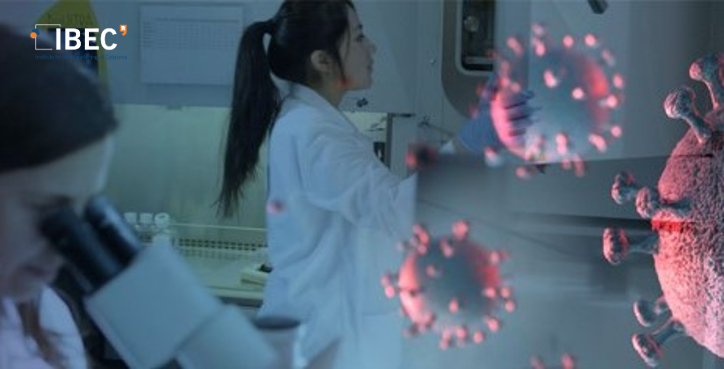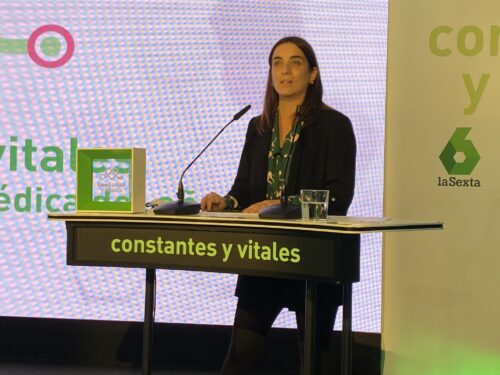Nuria Montserrat
Group leader
Nuria Montserrat will coordinate from IBEC the new national platform for biobanks and biomodels
The Carlos III Health Institute grants Nuria Montserrat, ICREA Research Professor and principal investigator at the Institute for Bioengineering of Catalonia (IBEC), the coordination of the National Platform of Biobanks and Biomodels for the next three years.
Nuria Montserrat at the podcast “The coronavirus scientists”
Núria Montserrat, ICREA researcher and IBEC group leader, appears in the podcast”Coronavirus Scientists” from “Agencia SINC” explaining how she managed during this past months both in the laboratory and at home, where she lives with her partner and three children.
IBEC participates in EU Project aiming to speed up clinical research for vision impairment

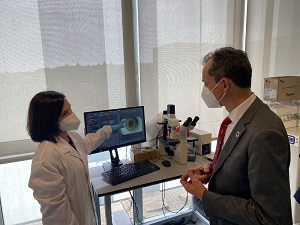
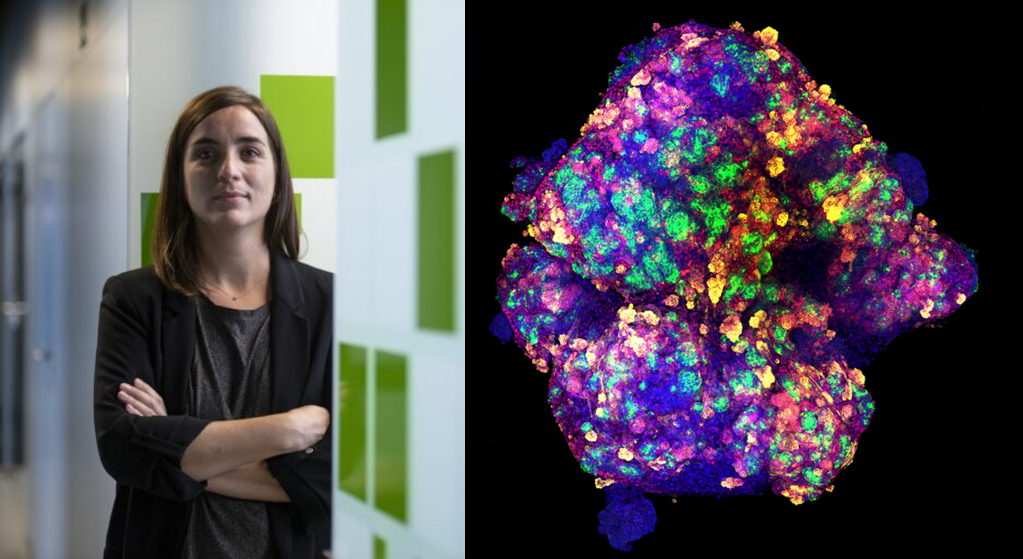

 Núria Montserrat, group leader at IBEC, is interviewed on the radio program “El Matí de Catalunya Ràdio” together with other researchers to talk about the prestige they have achieved based on their work in different scientific fields and whether the fact of being a woman has made it more difficult for them.
Núria Montserrat, group leader at IBEC, is interviewed on the radio program “El Matí de Catalunya Ràdio” together with other researchers to talk about the prestige they have achieved based on their work in different scientific fields and whether the fact of being a woman has made it more difficult for them. 

